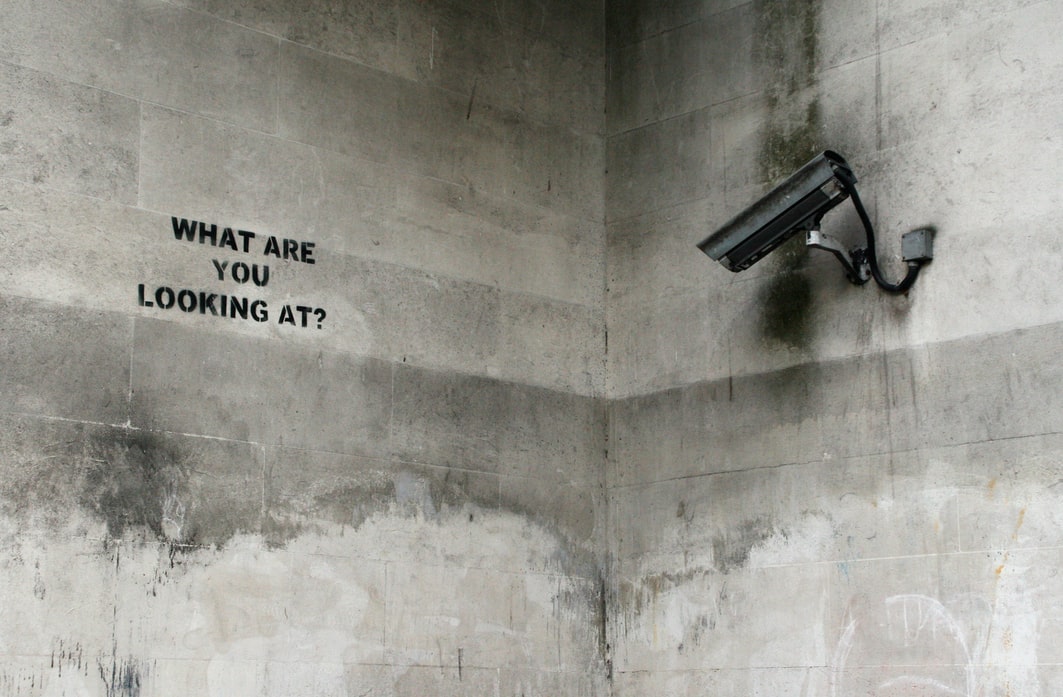Due to the emergence of COVID-19 pandemic, facial recognition technology turned out to be beneficial for authorities to fight against the spread of the virus. To maintain social distancing, businesses and government agencies are taking the help of facial recognition tools, replacing contact-based systems, for security purposes as well as to track infected patients. Many state governments and authorities, as well as shopping malls, have started using the technology to identify individuals.
Despite concerns related to this technology, such as security issues and racial biases, it has gained traction in the country across many industries, such as healthcare, BFSI, among others. The ability to analyse an individual’s face by mapping their facial features with the help of images, and then analysing the same with relevant databases, without any physical contact, has made the technology immensely popular among authorities amid COVID-19 pandemic.
Although the current rise is due to the increasing usage of the technology by governments to track infected citizens, it had already started penetrating businesses long before the outbreak. Companies were using facial recognition technology in their organisations to speed up many processes, such as keeping track of employees’ productivity and attendance, and providing security access to necessary personnel. Several tech giants have launched their facial recognition technologies to help customers with their businesses. Along with Amazon, Google and Apple, several startups have also started working on creating facial recognition tools which create a lot of options in the market for customers to choose from.
Implementation of facial recognition technology in India
The use of facial recognition technology had gained significant traction during Anti-CAA protests, where police and government agencies started using the technology to control the situation and also to identify violators. Post that, the technology slowly penetrated in different areas of our lives, and with the pandemic outbreak mandating social distancing, facial recognition technology has played a massive role in monitoring infected people.
Considering India has few police personnel to manage citizens, this technology has helped authorities to not only manage individuals during this pandemic, but also help in solving day-to-day criminal cases. Many states in the country have also used the technology as a screening method, replacing traditional contact biometric systems. Similarly, some companies have also replaced their fingerprinting attendance systems with facial recognition.
In recent cases, Hyderabad authorities have also deployed this technology at traffic junctions, railway stations as well as bus stations to identify wrongdoers. Apart from identifying people, the state is also using facial recognition technology to verify voters during the election.
Safe Hyderabad… Shandaar Hyderabad… pic.twitter.com/pHStUFDXVy
— I&PR JD Ramana KV (@IPR_DD_Ramana) February 14, 2020
The technology has also been used by various authorities to track the movement and status of infected people during this crisis. There have been many startups currently working on this technology to flatten the curve. Staqu is one such artificial intelligence company that has developed facial recognition technology to identify people who could show potential signs of being infected and can provide real-time insights to authorities. Their solution has been designed to facilitate contact tracing and has been well equipped with video analytics technologies.
Atul Rai, Co-Founder & CEO of Staqu, stated in the company release — “The new normal will warrant minimum contact with foreign environments and surfaces. Hence, corporates can upgrade their biometric-based attendance system with facial recognition systems.”
Despite privacy and regulation concerns, facial recognition technology has indeed emerged as a helping hand to fight the pandemic and create necessary control over citizens.
Pros & cons of facial recognition technology
Automation: Facial recognition technology is a step towards automation where the technology is making its analysis by comparing the images clicked by the cameras with the existing database. Such technology not only omits human intervention, but also speeds up the process of identifying people, monitoring crowds, as well as to solve crimes. The technology runs 24/7, which eases up the work process for employees. The technology of facial recognition also brings convenience for people as well as can reduce a huge amount of infrastructure costs for businesses.
Contactless: Considering the mandated social distancing in place, contactless systems are in huge demand, and that is where facial recognition technology comes into the picture. In recent months, the technology has completely erased the existence of fingerprint scanning and biometric scanning. This has helped individuals prevent themselves from touching exposed surfaces. Along with that, it is also effortless to integrate the technology with the existing infrastructure, which makes it even more popular among businesses.
Privacy & Security Concerns: One of the biggest concerns with this technology has been its privacy and security issues. Facial recognition technology works on images of human faces, which in turn creates fear among people about individual privacy. Sometimes advanced technologies like this can penetrate your lives and can accumulate data for businesses, which in turn, creates data privacy issues. Considering this technology works on millions of images, these images require servers to store and cloud to access and analyse it, which makes it even more vulnerable to cybercriminals.
Racial Bias & Accuracy: Racial biases where the technology has not been accurate to confirm individuals have been another reason for people to scrutinise facial recognition technology. This has been due to the wrong training of facial recognition technology with people of colour and other diverse characteristics. Therefore, to use this technology at its best, it needs to be enhanced with proper training with large and diverse data sets.
Wrapping Up
To get the most out of facial recognition technology, our country needs to deal with the challenges the technology brings in — privacy, security as well as accuracy, to name a few. In recent news, the technology has made headlines where business leaders like Satya Nadella from Microsoft and Google’s CEO Sudar Pichai have urged governments to either put a ban on the technology or create strict regulation for the same. A comprehensive technology demands accuracy and accountability, which is crucial for it to continue gaining traction among people. For a country like India, facial recognition technology can only work with a robust privacy protection policy along with a regular check.



















































































